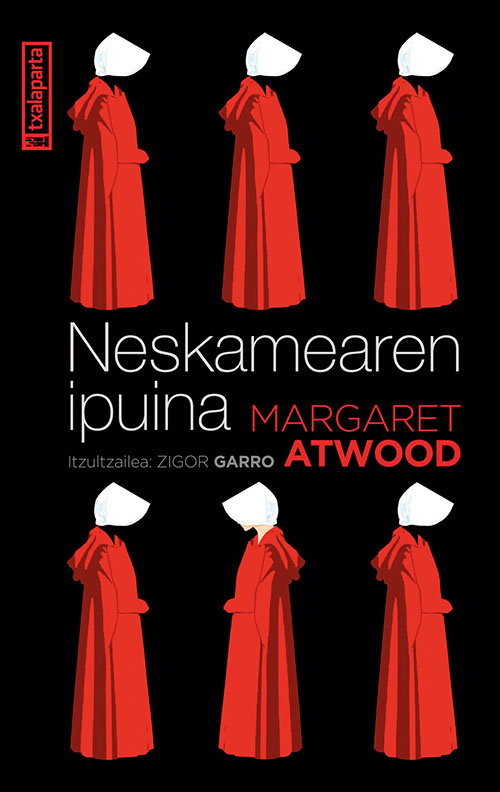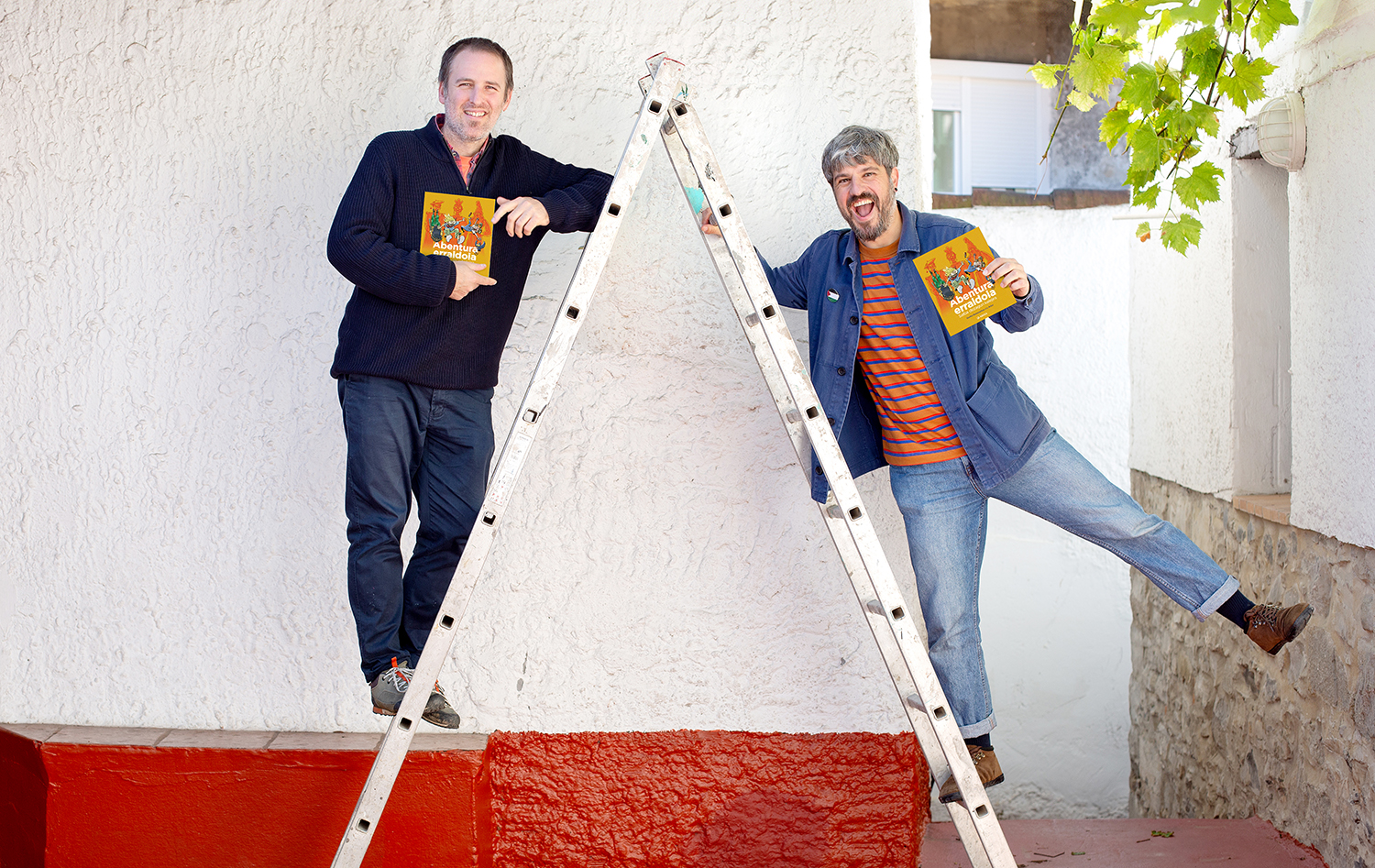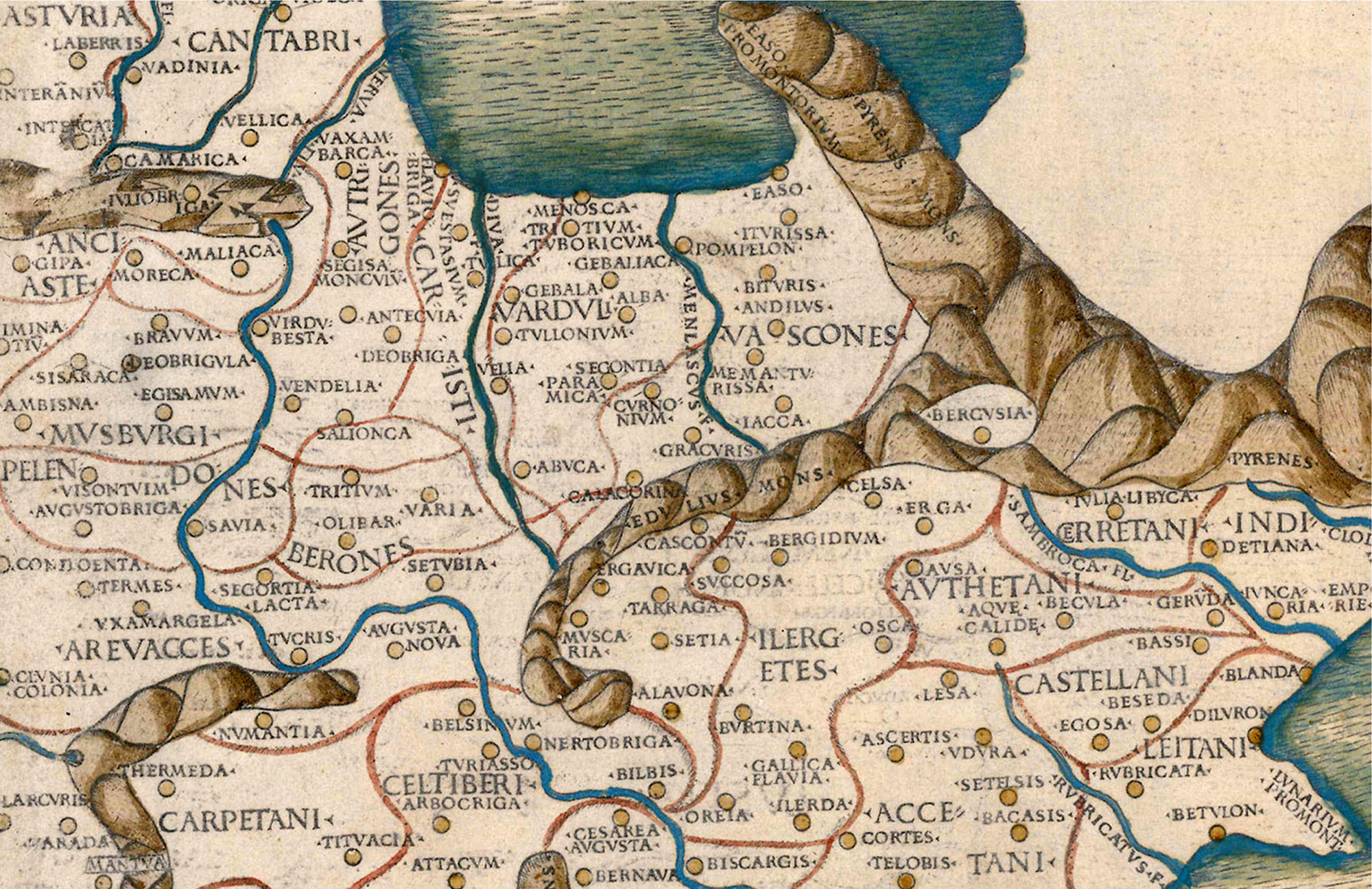Blood of women

This dystopia, published by Margaret Atwood in 1985, recalls that every advancement achieved by feminism can be easily lost. The protagonist, known as the pseudonym Freden, tells us her story: she is a maid who lives in the commander’s and his wife’s house, and her obligation is to get pregnant for them at the Ceremony they perform three times a month.
This dystopia describes an undesirable and frightening future: the totalitarian Mar-Christian dictatorship, when most of them have been sterilized after an ecological disaster. There are women (Women of Commanders, their Daughters, Assistants, workers of the house called Marta and of the working class called Economy) and Women (elderly, sterile, feminists, lesbians, offenders and men who do not comply with gender norms).
The rise of the extremes on the right, the laws against abortion, the legalization of surrogate pregnancy, the neoliberal exploitation of the earth, the pandemic and the reduction of rights… It is clear that this novel has not lost its relevance. In fact, the author states that it is a speculative fiction (located on Earth, which can happen, a fiction based on reality).
The series released in 2017 popularizes this book, translated by Zigor Garro in prison and published by Txalaparta in 2020. It has had great influence, for example, on demonstrations against Trump and in favor of the right to abortion, in the United States and Argentina. In addition, in 2019 he published the novel Testamentuak as a follow-up to Atwood.
The oppression and resistance, the flashbacks criticizing the previous (American 80’s) life and the reflections on the slavery that the protagonist lives. However, it has a positive aspect: solidarity or creativity among women and the appreciation of female knowledge (domestic science).
It makes the uniform touches of creatures invisible and the dress is red: symbol of the month, of fertility, of sex, of sins, of dangers and of violence. This story, like the central image on the front page of the book, shows us what's underneath so we can build the story in a different way.
Party and recreation. Oral History of Rock Radical Vasco
Javier 'Jerry' Corral
Books, 2025
------------------------------------------------
Javier Corral ‘Jerry’ was a student of the first Journalism Promotion of the UPV, along with many other well-known names who have... [+]






















